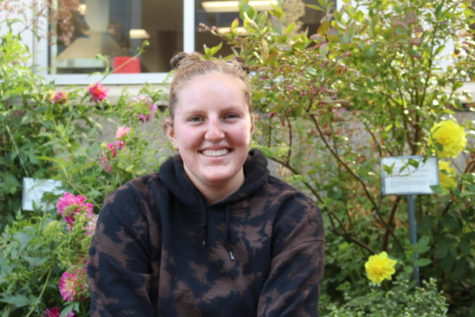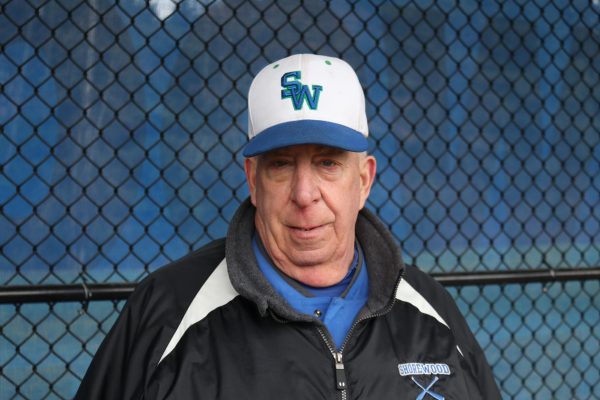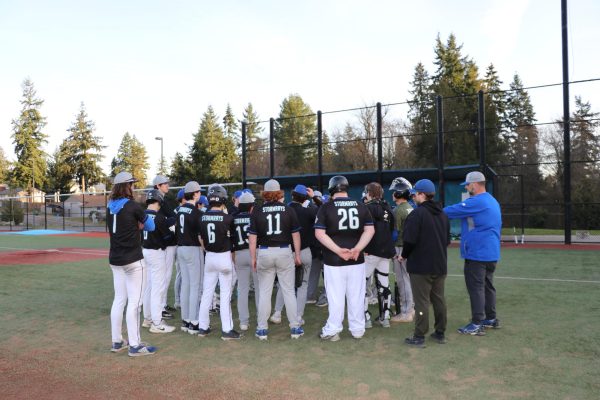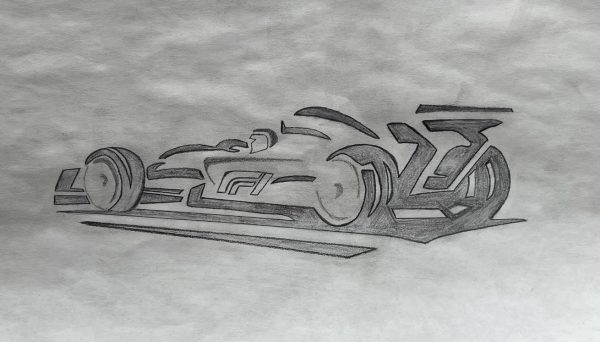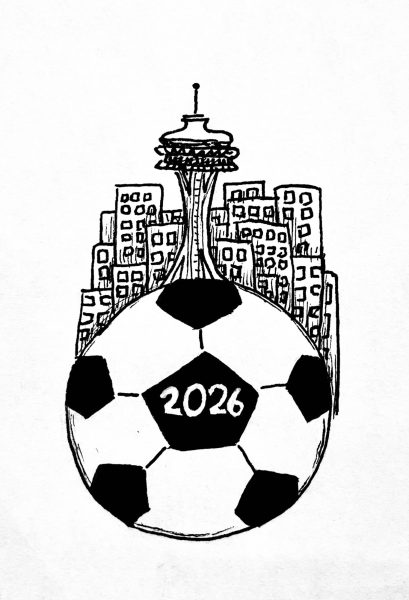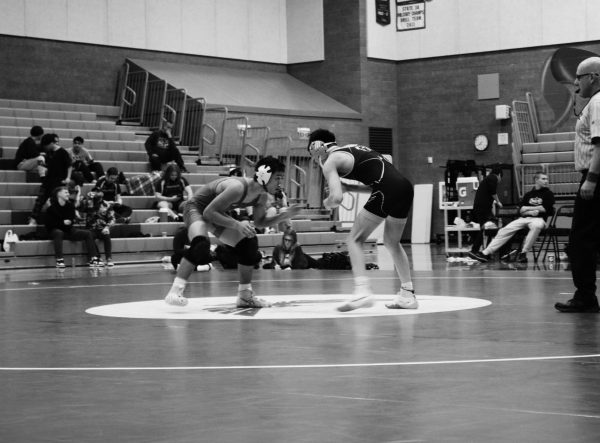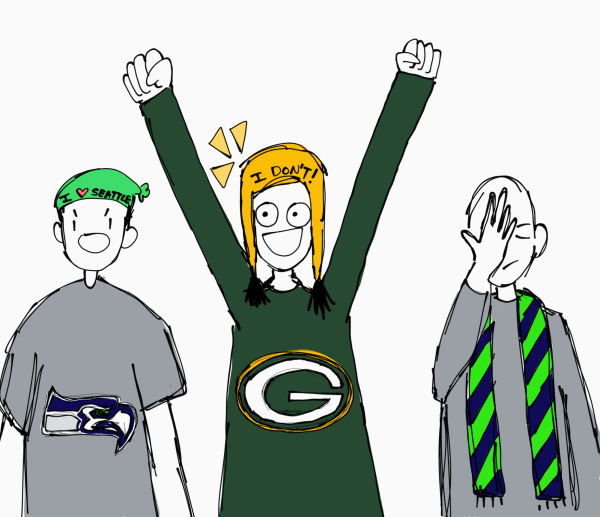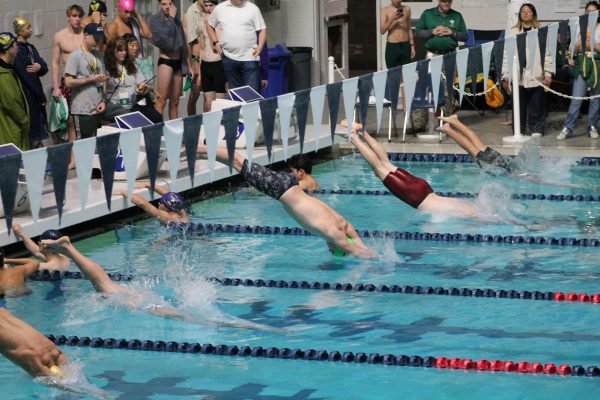The figure of the female athlete
Some female athletes struggle with body image
November 17, 2022
Many teenagers play sports, and while playing a sport can have a positive influence on people’s lives, sometimes the sport can negatively shape how we view ourselves. This has been the case for seniors Reese Hoag, Liah Nottingham, and a student who will remain anonymous.
All three athletes have experienced comparisons with their teammates, whether it be spoken or in their own minds. Hoag, senior cheerleader and gymnastics team member, sometimes catches herself falling into a negative mindset when she exercises. “If you workout every day you’re kinda just like ‘oh my gosh maybe I’ll get skinnier,” she said. Hoag notes how this way of thinking can be unhealthy. “No matter how hard you work if results don’t pay off you bash yourself,” she said. This can lead to her comparing herself to her teammates.
“I’ll think they’re so perfect, they’re so skinny,” she said. Hoag realizes that these comparisons are not her teammate’s fault but her own perceptions of how she should look. “Being with them (her teammates) a lot of times brings me down, but it’s not their fault. It’s my mind bashing me,” she said.
Hoag speculates where her perception of how cheerleaders ‘should’ look comes from, “Let’s think about movies, cheerleaders are the popular, pretty, skinny girls, and maybe that plays a part,” she said. Hoag is not the only athlete who has felt the need to look a certain way.
Nottingham has experienced people making comments about her petite figure within the context of her sport. “You’re so skinny and tall, you’re so small,” are the kind of remarks she’s heard. This caused her to develop a negative relationship with soccer. “When you’re playing soccer it’s kind of a negative connotation, at least for me. People would always say I was too small to play,” she said. When she was younger, this affected how she viewed her performance on the field. “I wouldn’t move up because I was too small. They definitely looked for a certain body type and so when I didn’t make the next team up I would blame physical features instead of my actual play,” she said. Both Nottingham and the anonymous student have experienced negative relationships with food that they can connect to their athleticism.
The anonymous student, a senior, felt like she had to work hard to meet the standards her coaches set which likely caused her to develop an eating disorder. “I was overworking myself and I just did not have time to eat. I didn’t think I had one [an eating disorder] until I realized, I was like ‘oh wow I barely ate,” she said. She felt as though she was pushing herself too hard so she could “play more, instead of being benched,” she said.
Nottingham has also struggled with food. “I did go through a period where I was very fearful of food, and even though I would eat the same amount of meals a day, the food I was eating was different. I definitely had disordered eating.” Nottingham explains how social media played a part in her relationship with food. “People latch onto this idea that sugar’s bad or that carbs are not good for you. That you shouldn’t eat all this stuff, and the media has portrayed different skinny models for years, and they’ll say what they eat. That’s healthy maybe for them, but not for an athlete,” she said. Along with social media, Nottingham feels that the standards athletes are held to and a lack of information about nutrition can contribute to struggles with food. “You’re playing your sport, but you need to eat healthy but, ‘don’t eat sugar’ and all these things. We’re given so many different standards,” she said.
Even though athletes may struggle in different ways with food, Nottingham explains that the solution is education about nutrition.“I think athletes need to either take it upon themselves to find the correct knowledge, which is hard with Google, or they [athletes] need to have people that are actually professionals in the field talking to them,” she said. “They [coaches] say eating is important, they say training is important and they need to expand on all three of those things,” she said.

